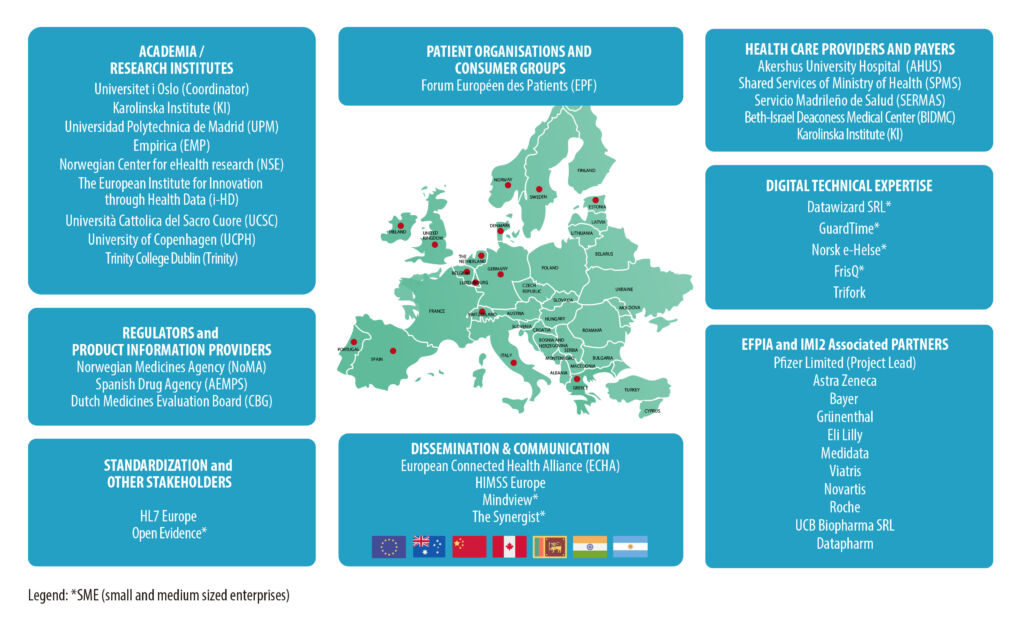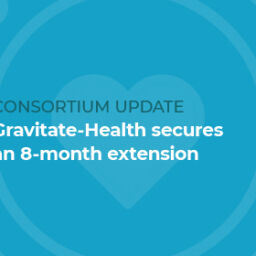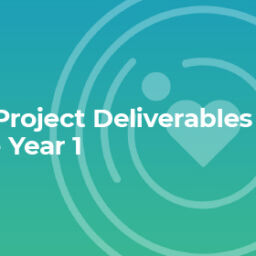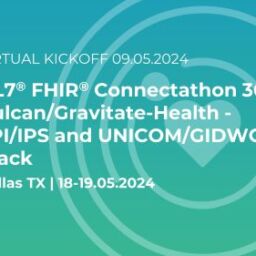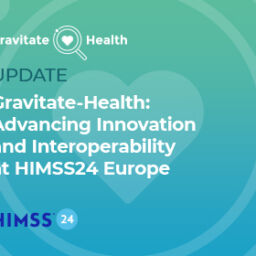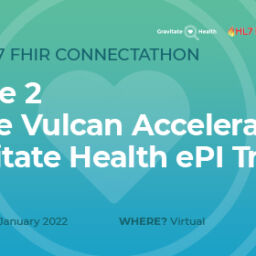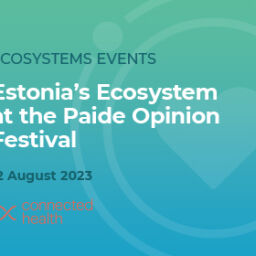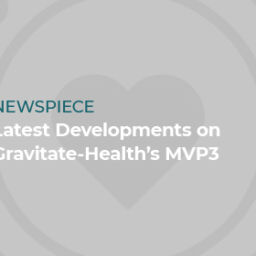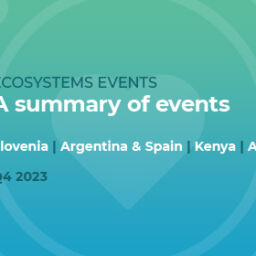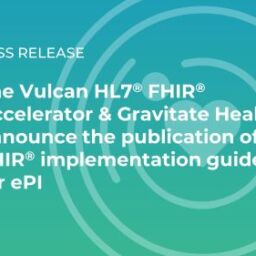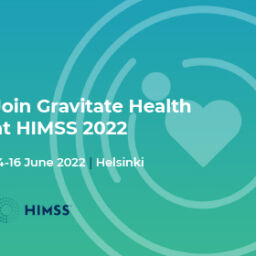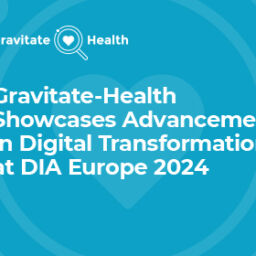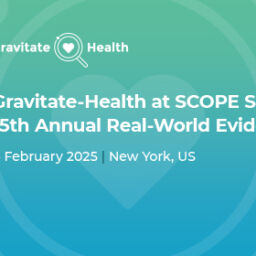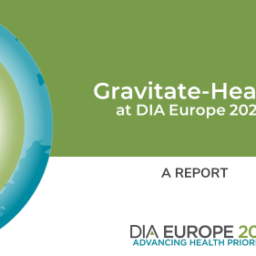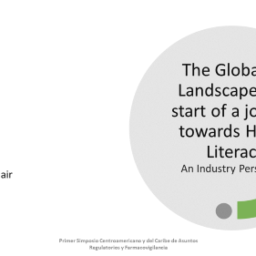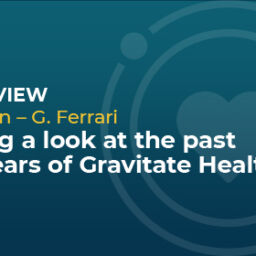Introducing Gravitate Health
On 16th November 2020 the Innovative Medicines Initiative (IMI) announced the launch of Gravitate-Health, a 5-year worldwide research project, that aims for improved access and understanding of health information, for safe use of medicines, risk minimization and improved quality of life.
39 leading partners from civil society, academia and industry in 15 countries have joined forces to develop novel, patient-focussed healthcare information tools that will offer citizens timely access to trustworthy, relevant information about medicines, based on the assertion that the engagement of patients in their own health relies on actionable, understandable, relevant, reliable and evidence-based information that meets their specific needs, health context, and literacy level. This unique public – private strategic partnership is co-led by the University of Oslo (public partner coordinator) and Pfizer (industry lead).
Safe use of medication and adherence to treatment are significant public health challenges where understanding, access to accurate information, capabilities to comprehend, and trust play major roles. OECD estimates that around 200,000 premature deaths annually in Europe relate to poor medication adherence, which may cost as much as 125 billion € each year in avoidable hospitalization, emergency care and adult outpatient visits[1]. Empirical studies of information flows in health care show lack of interoperability and broken chains of activity which complicate information sharing. Medication information can be fragmented, unavailable or not used, so introducing risks of which the user may be unaware, for example risk of errors in use that can lead to adverse events, disability, and even death.
Medicinal product information is subject to strict regulation and scientific validation procedures; it plays a pivotal role in assisting health care professionals when prescribing and dispensing the medicine, and informs patients and consumers about its safe use. Currently, patients primarily receive this information in the form of a paper leaflet provided with their medicine. This presents a range of practical challenges to access and understanding: the content of the leaflets may not be readily understandable or indeed relevant to the needs of many patients, is typically presented in small font sizes and may not reflect the most up-to-date information due to long production timescales for product packaging. These problems are likely to be aggravated by aging, multimorbidity and chronic diseases, with many patients needing to refer to multiple paper leaflets for different medicines.
Making regulator-approved medicinal product information from a trusted authorized source digitally available to patients and healthcare professionals is fundamental to support the digital transformation of healthcare across the EU, which will in turn offer significant public health benefits. It brings new opportunities to address shortcomings in the current patient information paradigm by allowing for ease of access to trustworthy content, speed of update, accessible formats, the ability to better personalize content to the needs of the individual and also to link with other health information systems, e.g. electronic health records.
To advance on this journey and address current challenges, Gravitate-Health will develop and test an integrated, digital, user-centric health information solution seeking to demonstrate tangible improvements in availability and understanding of health information from a set of trusted sources, starting with regulator-approved medicinal product information and the Electronic Health Record International Patient Summary (EHR-IPS). The main outputs will be an open-source digital platform supporting G-Lens functionally, and a White Paper with recommendations on realistic strategies to strengthen access, understanding and future use of digital services like electronic product information (ePI) as a tool for risk minimization.
By developing electronic tools to improve access of patients and healthcare professionals to information on medicines Gravitate-Health aligns its goals with the relevant recommendations from the European Commission (COM(2017) 135 final) and the European Medicines Agency’s subsequent action plan to improve the product information for the EU (EMA/680018/2017).
The Action seeks to demonstrate that such improvement translates to higher levels of adherence to treatment, safer use of medication (Pharmacovigilance), and better health outcomes and quality of life, and to develop new and deeper insights into how use of available health information can be optimized to act as effective risk minimization measures. Patient voice and human touch are at the heart of Gravitate-Health. Broad patient and stakeholder engagement underpin the planned work and will drive the technology development through the life of the project.
Supported by a grant from IMI
The project has received funding from the Innovative Medicines Initiative 2 Joint Undertaking under grant agreement No 945334. This joint undertaking receives support from the European Union’s Horizon 2020 research and innovation programme and the European Federation of Pharmaceutical Industries and Associations [EFPIA]. The total budget is 18.5 M€ for a project duration of 60 months.
[1] OECD/European Union (2018), Health at a Glance: Europe 2018: State of Health in the EU Cycle, OECD Publishing, Paris/European Union, Brussels, https://doi.org/10.1787/health_glance_eur-2018-en.
Gravitate-Health partners at a glance
